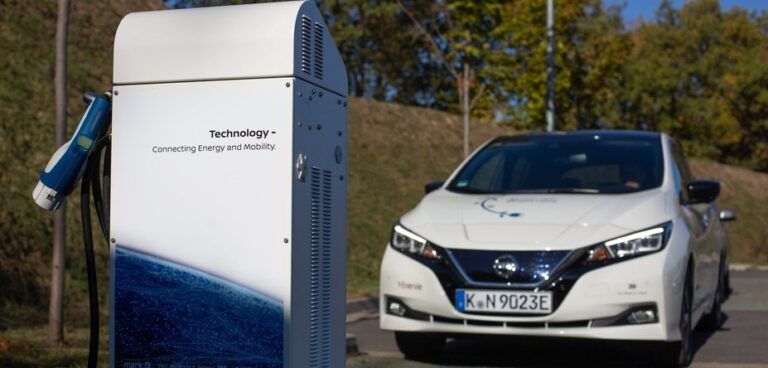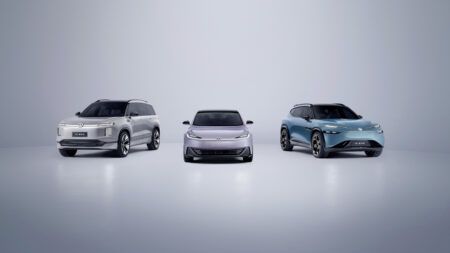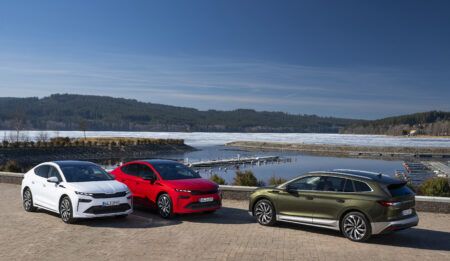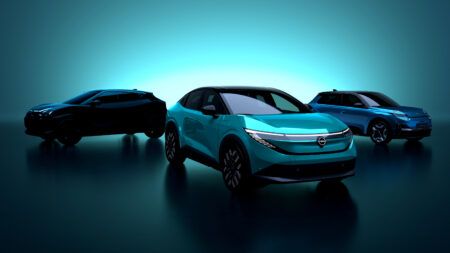As part of a European Commission initiative to unleash the full potential of electric vehicles and battery technology to achieve Europe’s aim of being carbon neutral by 2050, it has released details of the project in a new white paper.
The European Innovation Partnership on Smart Cities and Communities (EIP-SCC) program is led by manufacturer Nissan, brings together industry, cities and researchers.
The proposals in the white paper covers the pivotal role battery technology will play and provides solutions to increasing electric vehicle ownership and unblocking the development of energy storage and vehicle-to-grid technology. Outcomes would include cheaper energy, balance grid demand and will be pivotal to achieving Europe’s aim to be carbon neutral by 2050.
The practical recommendations for authorities to rethink how mobility and energy policies are designed and implemented include:
- Introducing vehicle incentives which target mid-range EV models to drive uptake in mass-market segments
- Using low-emissions zones within urban areas to drive behavioral change
- Public authorities leading by example by increasing the amount of electrified vehicles in public fleets, including buses and taxis
- Simplifying procedures for smart charging installation
- Introducing tax incentives based on environmental impact and the amount of energy sent back to the grid from EVs.
- Having mandatory or incentivized installation of renewable and energy efficiency technologies, as well as smart charging points, in new commercial buildings
- Promoting the financial benefits available through integrating electric vehicle ownership with solar panels and energy storage in the home
- Integrating policy making between mobility and energy, rather than dealing with both in isolation
“To meet the challenges Europe faces we need a fundamental rethink on how mobility and energy policies are designed,” said Friederike Kienitz, Nissan Europe vice president for Communications, Legal, External & Government Affairs.
“While Nissan brought mass battery technology to Europe when it pioneered the Nissan Leaf 10 years ago, it is clear from this paper that this is about more than just Nissan or electric vehicles. There is much work to be done if Europe is to achieve its goal of being carbon neutral by 2050 and this white paper sets out how to get there at the national, regional and municipal level.”





